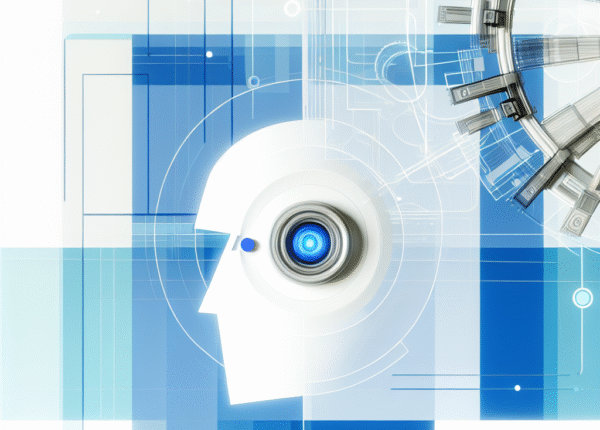AI in the Age of Surveillance and Study: From Grok Misinfo to Shadow Scholars
Artificial intelligence stands at the crossroads of promise and peril. On one side, it accelerates work, enhances learning, and opens new ways to understand our world. On the other, it can generate and amplify misinformation, blur the line between fact and fiction, and erode trust in institutions. This tension is clearly visible in recent headlines about an AI chatbot linked to Elon Musk’s platform that allegedly misrepresented police footage in London. While the Metropolitan Police publicly rebutted the claim, the episode underscored a stubborn truth: AI responses can spread faster than corrections, especially on social networks where millions weigh in. The lesson isn’t to abandon AI, but to design guardrails that keep it useful and accountable, and to cultivate media literacy so readers can discern signal from noise in machine-generated content.
Across campuses, AI’s role is equally transformative—and contentious. ChatGPT has become for many students a practical study partner: it can tidy grammar, organize revision notes, and generate flashcards. Yet universities are sharpening boundaries between understanding and outsourcing. The ongoing conversation isn’t simply about cheating; it’s about how AI can support authentic learning without erasing effort, integrity, and originality. The aim is to rethink assessment so it rewards reasoning, critical thinking, and application, while harnessing AI to deepen comprehension rather than shortcuts. The balance is delicate, but necessary for education to keep pace with technology without sacrificing fairness.
Beyond classrooms, AI intersects with work and ethics through a different lens: the shadow labor market. In Kenya, highly educated workers ghostwrite essays, dissertations, and other academic work for students around the world. The industry, part of a broader multi‑billion‑dollar ecosystem, reveals how demand for AI‑assisted writing collides with questions of authorship, plagiarism, and fairness. It also highlights a global accessibility dynamic: for some, AI-enabled help lowers barriers to success; for others, it risks widening the gap between those who can pay for outside help and those who must produce original work under tighter constraints. Creators, platforms, and educational institutions must confront these realities with transparency and ethics.
At the same time, the workplace is increasingly saturated with monitoring technologies. A UK‑wide survey finds that about a third of employers use “bossware” to track emails, web activity, and even screen content. Proponents argue that such tools protect productivity and security; critics warn they erode trust and invade privacy. Similar patterns are unfolding in Australia, where workers describe location tracking and data collection that feel opaque and intrusive. As AI-enabled monitoring becomes more pervasive, organizations face a critical obligation: to be transparent about what data is collected, why it’s needed, and how it will be used, while ensuring employees retain a sense of autonomy and dignity in their work environment.
All these threads—the misinfo risk, educational shifts, shadow labor, and surveillance—point to a common horizon: AI’s value rests on governance and human judgment. The road forward calls for thoughtful design, robust policy, and a culture that emphasizes critical thinking, ethics, and accountability. AI should augment human effort, not undermine it; it should empower learners and workers while protecting privacy and fairness. As readers, students, educators, and professionals navigate this evolving landscape, the challenge is to wield AI with care—embracing its benefits while building the safeguards that keep trust intact and learning meaningful.
Sources
- Musk’s Grok AI bot falsely suggests police misrepresented footage of clashes with far-right rally
- Inside the world of Kenya’s ‘shadow scholars’ paid to write essays for UK students
- How to use ChatGPT at university without cheating: ‘Now it’s more like a study partner’
- A third of UK firms using ‘bossware’ to monitor workers’ activity, survey reveals
- From location to keystrokes, Australian workers’ data is being gathered by employers – with little privacy protection
Related posts
-
British AI Startup Breaks Into Top 10 of Global Forecasting Cup
\nArtificial intelligence is increasingly weaving itself into the fabric of everyday information, not only through dashboards and datasets...
20 September 202562LikesBy Amir Najafi -
AI News Roundup: From Enterprise Audio to Quantum Chemistry and Construction Automation
Today’s AI news reads like a fast-moving tapestry, weaving enterprise-grade audio tools, industrial automation, quantum chemistry datasets, and...
12 September 202575LikesBy Amir Najafi -
AI News: From Music Making to Health Chats, and the Skeptics Shaping the Conversation
In a moment when AI is rewriting how art is created and consumed, the technology is no longer...
19 January 202603LikesBy Amir Najafi


